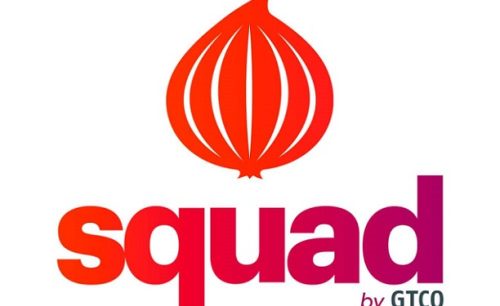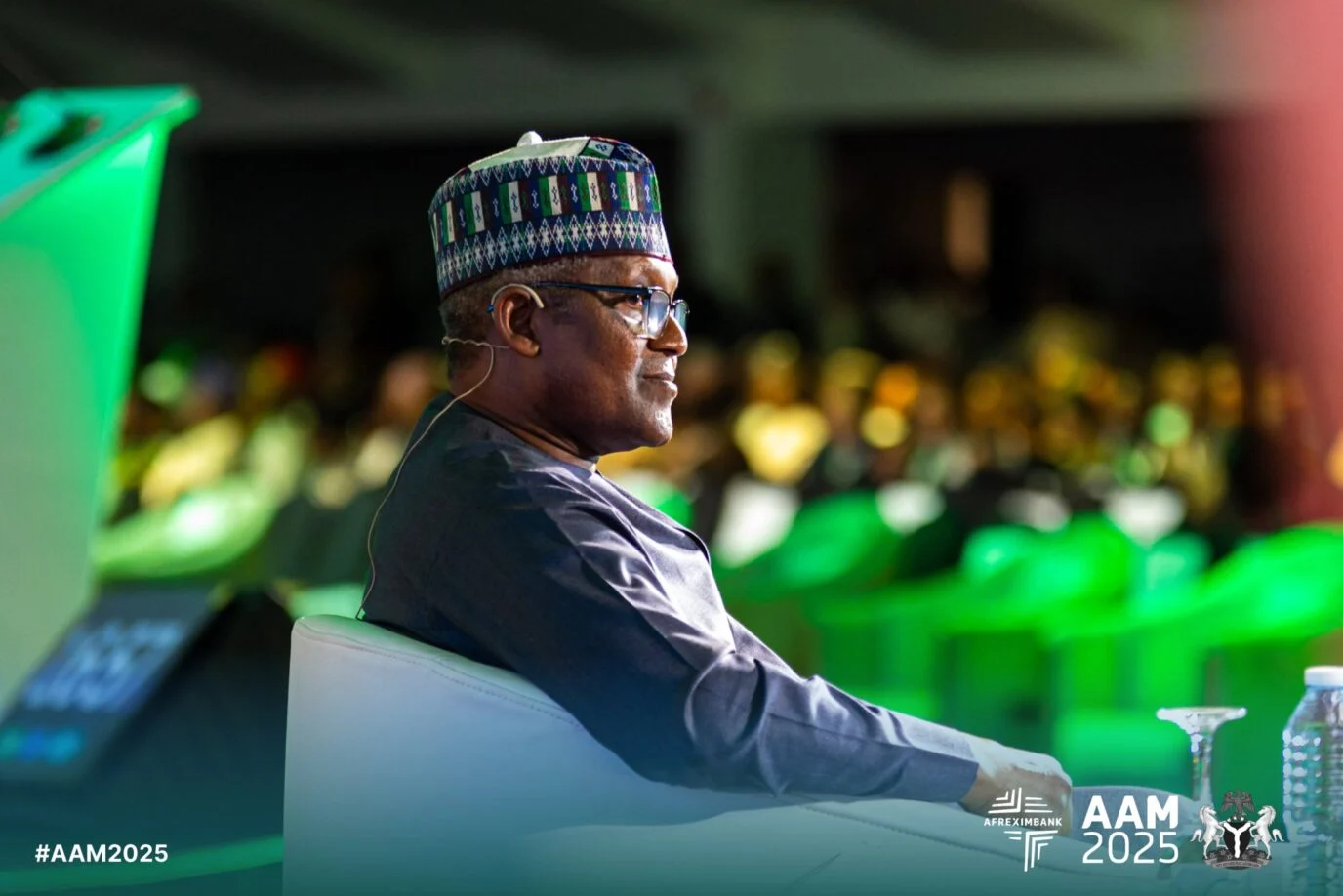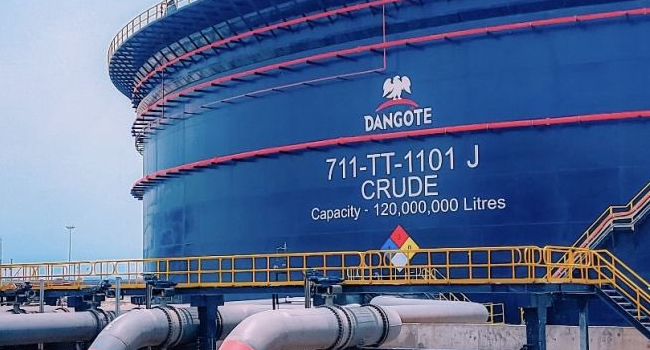When it comes to internet penetration and adoption of mobile payments, most African countries are still very much below the global average. Even where the internet penetration is improving, the mobile payments adoption rate is still low, meaning an overall lag. For instance, in Kenya where mobile payment adoption is the most on the continent, only about 23.1% of the internet users actually use mobile payment methods.
So, even though the internet infrastructure allows business owners access to a wide market, mostly outside their location, sending and receiving payments with ease still remains a struggle for many.
But this is only for businesses that are not taking advantage of Squad – the newly launched Integrated Payment Solution that is set to revolutionize digital payments in Africa.
Squad is a payment service that is set to drive the future of mobile payments in the African Continent. If you have imagined an Africa where every payment is digital, it is an Africa where every business uses Squad. The features show that this might be the most online and offline payment option for merchants.
Squad will be empowering businesses by taking care of their payment problems and helping to make every payment digital whether it is made online or offline.
It features offline as well as online payment acquisition channels like the Payment Gateway and the Soft POS. If you are worried about getting or handling a POS, the software Point of Sale (Soft POS) allows merchants and vendors to accept payments directly on their phones or device without the need for any additional software. And isn’t this what every merchant needs?
Also, there are several value-added services like the bulk payment collection, automated reconciliation of offline and online payments, fraud prevention tools, and instant settlement among others.
There is a need to get on board the use of Squad considering the need to adopt more cashless based transactions in Africa, growing cases of transmittable diseases, tightened cash liquidity, and insecurity amongst others.
The best way to sum it is that Squad is the one-stop payment solution for every business in Africa.
Squad is that single product that brings technology and user experience and satisfaction for a meet-and-greet. The features are designed for and targeted at micro and small business owners like Kiosk owners and petty traders, medium business owners like digital sellers, online vendors; Tech talents; and even big enterprises.
It is interesting to note that the adoption of cashless-based transaction help businesses, especially small and medium scale enterprises, increase their top line (revenue).
According to a survey by Khatabook, about 45% of SMEs report a boost in sales after adopting mobile or digital payment services.
Therefore, with Squad bringing in a solution that features ease, convenience, and security from fraud, businesses can jump on this train and improve their chances of success.
It makes so much sense that such a product is coming from Guaranty Trust Holding Company Plc (GTCO). Indeed, if any brand has the relevant pieces to define new frontiers in payment and dominate the payments landscape in Africa, it is GTCO.
The GTCO Squad behind Squad
Guaranty Trust Holding Company Plc is a fully-fledged financial services group, on a mission to make financial services accessible to all Africans. GTCO Plc metamorphosed from Guaranty Trust Bank Ltd which has really been around since the 1990s, and is now present in several African countries including Uganda, Ghana, Gambia, Sierra Leone, Rwanda, and Kenya.
In June 2011, Segun Agbaje took over as Chief Executive of the Bank and since then led the team to blaze a trail in innovation and efficiency. Within the space of a decade, Agbaje raised the Bank’s profit by N1.3 trillion and expanded the balance sheet by 12.07% on average annual growth. The assessment indices show positive growth for the financial institution not just in Nigeria, but in every African country where GTCO is present.
Shareholder’s wealth has also seen a major boost during the period with total equity rising from N230.393 billion in 2011 to N814.395 billion in 2021, an average 13.46% growth per annum. Earnings per share also grew 15.45% on the cumulative average growth rate, from N1.69 per share outstanding in 2011 to N7.11 in 2020. Total assets grew by at least by 12.07% annually in the decade, from N1.598 billion in 2011 to N4.944 trillion in 2020.
What we can all attest to is that the numbers don’t lie, and GTCO has a track record filled with numbers that demonstrate efficiency and profitability, even in the face of the harsh and challenging economy which crumbled several other businesses. Only a formidable leadership could have sustained such records.
GTCO has always had a digital-first, customer-centric strategy that builds digital products and helps individuals and businesses thrive.
Expectedly, the bank was a recipient of several awards at the Electronic Payment Incentive Scheme (EPIS) Efficiency Awards organized by the Central Bank of Nigeria (CBN) in conjunction with the Nigeria Inter-Bank Settlement System (NIBSS). The bank clinched 8 out of the 13 awards available for the banking industry at the 2019 EPIS Efficiency Awards including Best Customer Experience Award; Cashless Driver, Point of Sale (POS) Transactions; Real-Time Payments Transaction Efficiency; Cashless Driver, USSD Channel Champion among others.
The Holding company is now home to several trusted brands that are driving innovation and creating viral product adoption, ensuring great experiences, and growing valuable customer engagement. Squad is only the latest addition to this list.
Culled from Nairametrics

 BIG STORY4 days ago
BIG STORY4 days ago
 BIG STORY5 days ago
BIG STORY5 days ago
 BIG STORY1 day ago
BIG STORY1 day ago
 BIG STORY5 days ago
BIG STORY5 days ago
 BIG STORY5 days ago
BIG STORY5 days ago
 BIG STORY9 hours ago
BIG STORY9 hours ago
 BIG STORY2 days ago
BIG STORY2 days ago
 BIG STORY3 days ago
BIG STORY3 days ago
























